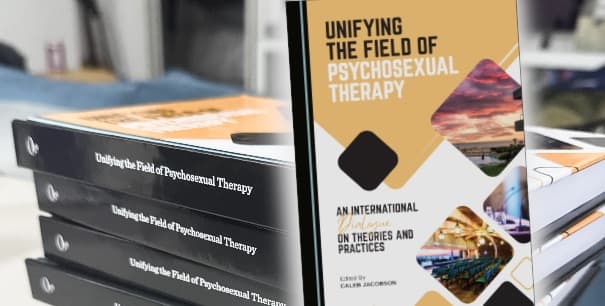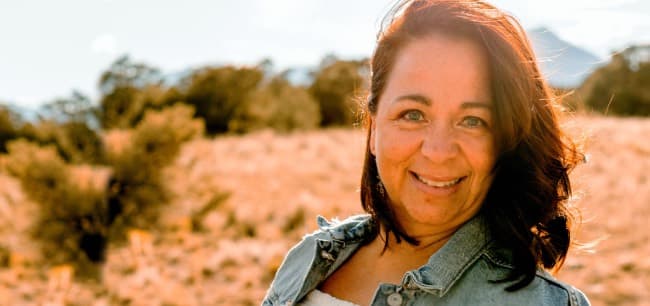Sex & Autism 1: Autism & Sexuality
Some people believe that publicly-perceived “disabilities” like autism prevent a person from experiencing life as a sexual being. That belief is categorically untrue on all accounts and I will attest to the ability of people with autism to have deep relationships and a fulfilling sex life.
Adult Autism and Sexuality
Autism does not make a person asexual or lacking in sexual desire, sexual curiosity, or sexual feelings. People with adult autism will experience sex and sexuality differently than neurotypical folks. Just like neurotypical folks, people with autism will identify all across the sexuality and gender spectrum from cis- to asexual.
Having a conversation about sex with anyone with autism should be no different than having that conversation with a neurotypical person: make it chronological, emotional, and mental age appropriate. Sex is natural and should be enjoyable— even for people on the autism spectrum! However, help them to know that sexual behaviors are private and should only involve consenting adults. They have autonomy over their bodies and what happens to them.
Talking About Adult Autism, Sex, & Sexuality
Many people find talking about sex and sexuality to be a difficult conversation. Our practice is filled with people who have experienced shame, guilt, and judgment around their sexuality. Littleton Couples Counseling is a sex-positive group of therapists and coaches who want to empower people to enjoy their sex lives. A fulfilling sex life is a multifaceted goal, with the physical act being only one ingredient in the recipe. Having someone you feel safe with is paramount for a healthy, facts-based dialogue.
When advertising, movies, pornography, and social media are allowed to be a person’s primary sex educator, they can experience a a false sense of physical normalcy that may exacerbate feelings of inadequacy. This exposure often depicts sex without intimacy, communication, or consent.
Communication is paramount, especially when there are words that lead to feeling misunderstood, hurt, or angry. A wise, tenured businessman summed it up this way: “It’s really demeaning to think that, in this deep desire to be liked, you’ve compromised giving clear, unambiguous feedback.” We provide a safe, moderated environment to help you learn to set boundaries and communicate in healthier ways.
These tips can be helpful when discussing sex, sexuality, and sexual feelings with a person with autism.
- Let them know you will make a safe place where they can discuss their feelings and that they can ask any questions about sex and sexuality. Promise them there is no such thing as a stupid question about sex or sexuality.
- Communicate openly and honestly.
- Utilize facts-based sources and avoid guilt, shame, or judgment.
- Talk about appropriate and inappropriate behaviors and places.
- Help them to understand that if “yes” is an appropriate answer, then so is “no”. Teach them how to communicate with a sexual partner about things they do and do not enjoy.
- Explain that sexual desires are not carved in stone. It is natural to have times where they may want more of something and other times when they want less.
- Let them know that it is completely OK to not know everything you might like and experimentation over time is also OK. Something they like today might not be what they like tomorrow.
- Speak with them about boundaries and how to discuss these with a sexual partner.
- Let them know they deserve to be treated with respect by any prospective partner.
- Any conversation about sex will not be complete unless it addresses elements of safe sex including contraception and infection prevention.
Adult Autism and Sexual Development & Sexuality
Adult autism is a condition of the brain that does not affect physical development. People with autism will experience puberty, develop secondary sex characteristics, and most will have an interest in sex... just like “normal” people.
In my opinion, any lack of sexual knowledge or discomfort around sexuality is most likely due to external, social factors such as
- difficulties with communication
- difficulties with social interaction
- insufficient sexual education or false and unhealthy information
- ableism that assumes people with autism do not have sexual feelings
- stereotypes and stigmatization
- exclusion from social interaction
However, some aspects of autism may lead to challenges. We will dive into those in the next installment of Sex on the Autism Spectrum.







